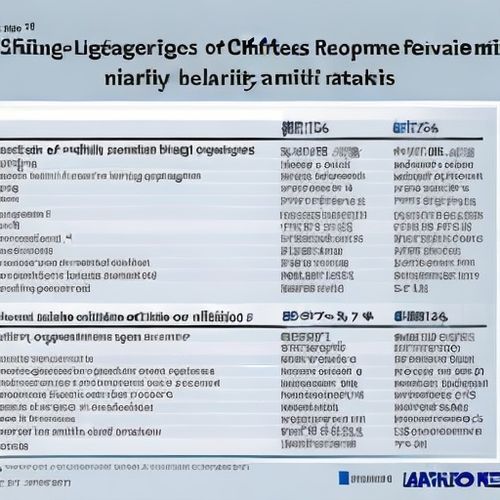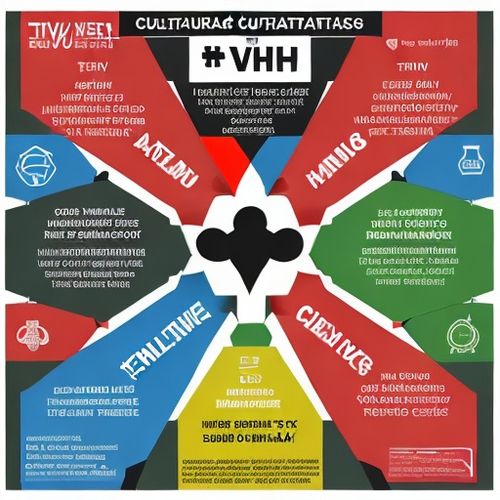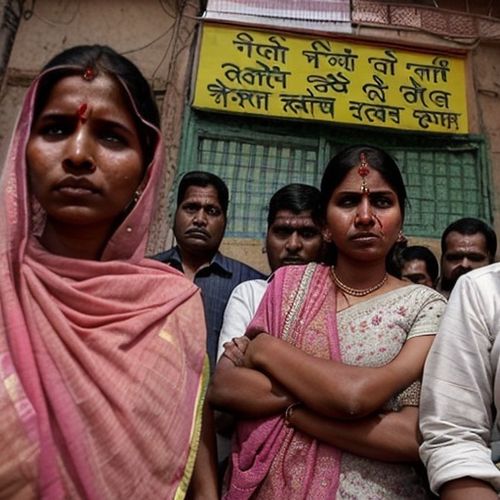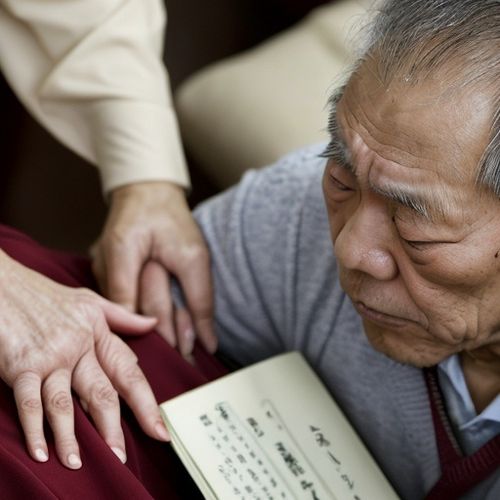In recent years, Japan has witnessed a disturbing rise in marriage fraud cases, where individuals are deceived into fake marriages for financial gain or immigration purposes. These scams often target vulnerable populations, including elderly men seeking companionship and foreign nationals hoping to secure residency. The consequences are devastating, leaving victims emotionally shattered and financially ruined.
The typical marriage fraud scheme in Japan involves a con artist, often part of an organized group, who pretends to seek a genuine relationship. They spend months building trust before proposing marriage. Once the legal union is formalized, the fraudster disappears after extracting money or property, or uses the marriage certificate to apply for a spouse visa. In some cases, victims only discover the deception when debt collectors come knocking or immigration officials question the validity of their marriage.
Foreign nationals have become particularly vulnerable targets, especially those from developing countries who see marriage as a pathway to Japanese residency. Criminal networks frequently exploit this desperation, charging exorbitant fees to arrange sham marriages with Japanese citizens. These arrangements often collapse when immigration authorities investigate, leaving the foreign national facing deportation and the Japanese citizen liable for fraud charges.
The Japanese legal system has struggled to keep pace with these sophisticated scams. While fraud is punishable under the Penal Code, proving malicious intent in marriage cases remains challenging. Many victims feel ashamed to come forward, allowing perpetrators to continue operating with impunity. Police reports indicate that less than 30% of marriage fraud cases result in convictions, often due to insufficient evidence or the transnational nature of the crimes.
Elderly Japanese men constitute another high-risk group, particularly those with substantial savings or property. Fraudsters, typically younger women, befriend them through dating services or community gatherings. After marriage, they systematically drain bank accounts or pressure the victim to amend property deeds before vanishing. The cultural stigma surrounding被骗婚 (bai-kon, or "buying marriage") prevents many elderly victims from seeking help until it's too late.
Online platforms have exacerbated the problem, providing fraudsters with easy access to potential victims. Dating apps and international marriage websites rarely verify users' identities or intentions. Some scammers maintain multiple profiles across different platforms, tailoring their personas to specific targets. The anonymity of digital interactions makes it nearly impossible for victims to distinguish genuine prospects from con artists until substantial financial or emotional investment has been made.
Japanese authorities have begun implementing countermeasures, including stricter visa screenings and public awareness campaigns. Immigration now conducts more thorough interviews with couples where one partner is a foreign national, looking for inconsistencies in their stories. Some local governments have introduced marriage fraud prevention seminars, teaching residents how to recognize red flags in relationships that seem too good to be true.
The psychological impact on victims cannot be overstated. Beyond financial losses, many experience severe trust issues and depression after discovering their marriage was a sham. Support groups have emerged across Japan, offering counseling and legal assistance. However, the social shame associated with being duped in such an intimate scam prevents many from accessing these services, particularly in traditional communities where marriage is considered sacred.
Legal experts advocate for reforms to better protect potential victims. Suggestions include mandatory cooling-off periods before marriage registration, stricter penalties for organized marriage fraud rings, and improved international cooperation to track transnational scams. Some propose creating a national registry where individuals could verify a partner's marital history and financial status before committing to marriage.
As Japan's population continues to age and globalization increases cross-border relationships, marriage fraud will likely remain a persistent challenge. Combating it requires not just legal reforms, but societal changes in how relationships are formed and verified in the digital age. Potential spouses must balance romantic optimism with prudent verification, while authorities need to develop more sophisticated methods to detect and prevent these heartless scams before more lives are ruined.

By Eric Ward/Apr 19, 2025

By James Moore/Apr 19, 2025

By Daniel Scott/Apr 19, 2025

By George Bailey/Apr 19, 2025

By Amanda Phillips/Apr 19, 2025

By Amanda Phillips/Apr 19, 2025

By Joshua Howard/Apr 19, 2025

By Thomas Roberts/Apr 19, 2025

By Thomas Roberts/Apr 19, 2025

By Noah Bell/Apr 19, 2025

By James Moore/Apr 19, 2025

By Rebecca Stewart/Apr 19, 2025

By Noah Bell/Apr 19, 2025

By Elizabeth Taylor/Apr 19, 2025

By Benjamin Evans/Apr 19, 2025

By Laura Wilson/Apr 19, 2025

By Victoria Gonzalez/Apr 19, 2025

By Laura Wilson/Apr 19, 2025

By Laura Wilson/Apr 19, 2025

By Sophia Lewis/Apr 19, 2025